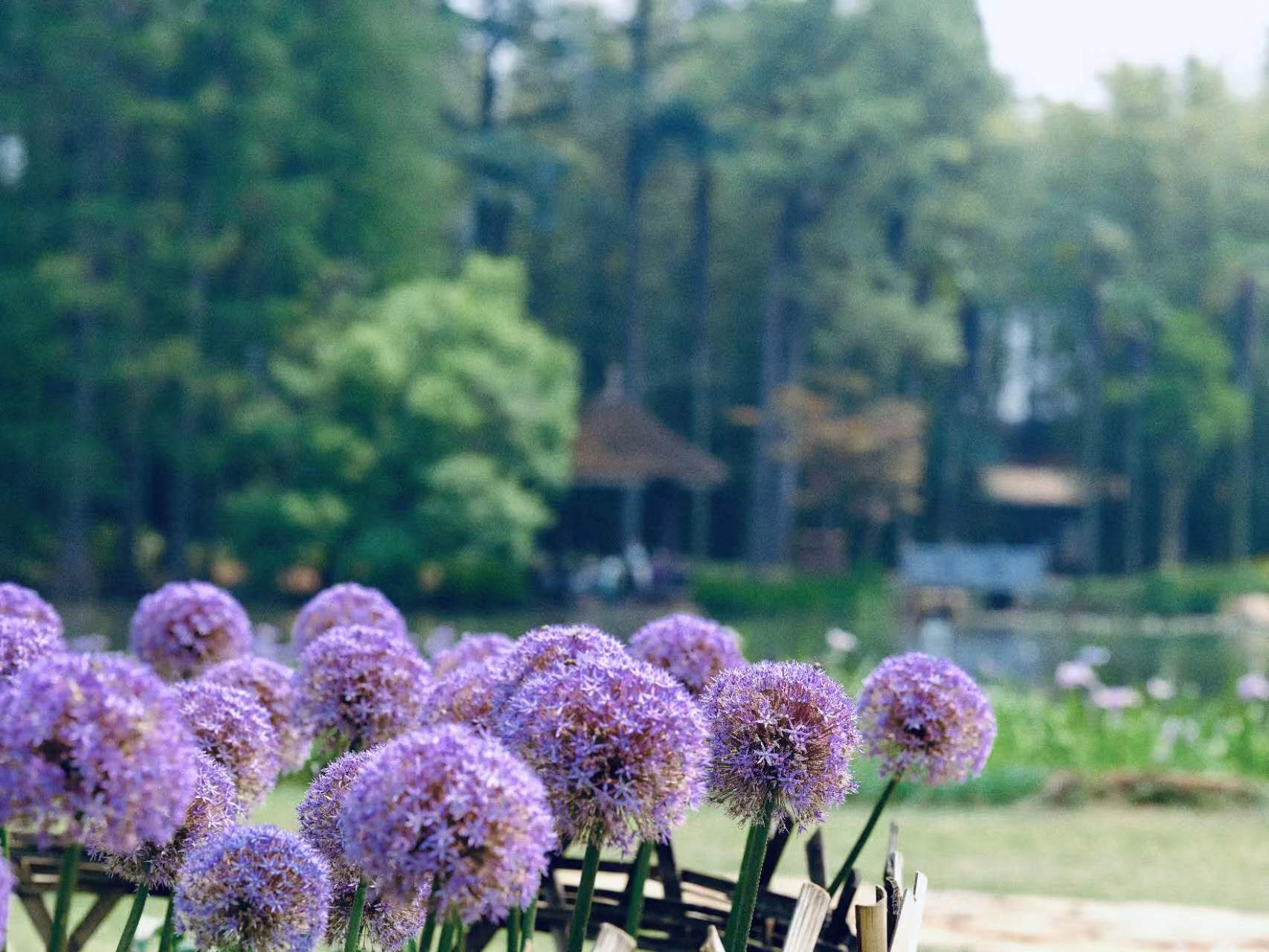[video:Flower+Power-+Onions+and+garlic+unite+China&+Uzbekistan+in+plant+research++-+CGTN]
Five years ago, China and Uzbekistan started working together on a unique project. It centers around allium, a type of flowering plant. The China-Uzbekistan Global Allium Garden is part of a scientific partnership dedicated to collecting and conserving allium. Scientists from both countries recently gathered to mark the project's fifth anniversary in China's "flower city" Kunming to discuss biodiversity protection. Tao Yuan has the story.
These are called "allium."
Think onions, garlic, scallions and chives. These familiar ingredients in our kitchens are all members of the same group.
SUN HANG Director, Kunming Institute of Botany, Chinese Academy of Sciences "Allium is useful in both medicine and food. Of course, their flowers are also quite beautiful. They also stand out in horticulture and attract attention among our society and people."
Allium comes in a variety of shapes, sizes and colors.
And the "China-Uzbekistan Global Allium Garden" in China's "spring city," Kunming, showcases some of the most ornamental species.
The garden was jointly built by the Kunming Institute of Botany, Chinese Academy of Sciences and the Institute of Botany at the Academy of Sciences of Uzbekistan.
A sister garden is in Tashkent, the Uzbek capital.
SUN HANG Director, Kunming Institute of Botany, Chinese Academy of Sciences "There are probably over 600 species of alliums worldwide. Uzbekistan is an important center for the distribution and origin of alliums, and is also one of the earliest countries to utilize them. Our country also has a very rich resource of alliums."
TOJIBAEV KOMILJON Institute of Botany, Academy of Sciences of the Republic of Uzbekistan "We started to think about how to conserve this plant diversity, how to study it. Then we decided on two centers. Our centers are a very good scientific platform for conservation and new plant studies."
Together, the two countries are dedicated to the collection, protection and scientific study of allium.
Climate change and human activities are threatening some species of the plant.
SUN HANG Director, Kunming Institute of Botany, Chinese Academy of Sciences "Actually, the loss of this plant resource is very serious. As we know, there are only a few types of alliums that we commonly eat. However, among these 600 species of alliums, there is a great potential for other use. But some types of allium may disappear before we have a chance to study them."
TOJIBAEV KOMILJON Institute of Botany, Academy of Sciences of the Republic of Uzbekistan "Allium is very economically important and very famous plant species. No allium, no delicious food. Allium is very important to local biodiversity both in China and in Uzbekistan. That's why many scientists want to study allium species."
Scientific research is the basis of protection but also awareness.
Both gardens in Kunming and Tashkent are open to the public. (CGTN)

Image by KIB
(Editor:YANG Mei)




